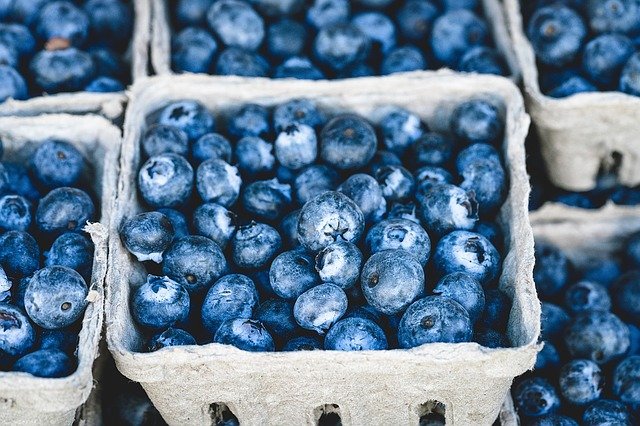Let’s start with… What is Aging?
Aging is the progressive deterioration of structures and processes in the body. Scientists are still working on understanding the causes of aging. Some of the markers included are:
– Cellular aging
– Phenotype
– Epigenetics
– Telomeres
The role of diet and lifestyle in aging and longevity
Regular activity, adequate sleep, moderate intake of alcohol and consuming a healthy diet are all lifestyle factors that may reduce disease and mortality risk.
A healthy diet can improve some age-related changes by reducing inflammation. Foods that have been associated with reducing inflammation include foods high in omega 3 fatty acids, healthy fats, and fibre-rich foods such as whole grains, vegetables and fruit.
Top 5 nutrients for longevity
1. Coenzyme Q10
A fat-soluble compound found in the heart, kidneys, liver and pancreas of humans. Levels of CoQ10 can be depleted by oxidative stress, inherited mitochondrial diseases and statin use. Deficiency has been associated with type 2 diabetes, fibromyalgia, cancer, neurodegenerative and heart disease.
It may be obtained from organ meats (liver, kidney, heart), sardines, herring, peanuts, spinach and broccoli.
2. Omega-3 fatty acids
Help to increase levels of anti-inflammatory proteins and reduce risk of certain health conditions, such as breast cancer, heart disease, high blood pressure and osteoporosis.
While there are plant foods such as walnuts, flax, chia and hemp seeds that contain O3’s the conversion to the more health-promoting omega-3s are found in fatty fish such as salmon, sardines, herring, mackerel, anchovies and cod liver oil.
3. Probiotics and prebiotics
Another way to promote healthy aging is by supporting the microbes that live in the gastrointestinal tract, known as the gut microbiota. Studies show how centenarians from various countries around the world have specific bacteria that help with immune function, body mass index, improved brain function and healthy homeostasis (balance).
Fermented (probiotic) foods such as yogourt (unsweetened, organic, full fat), kefir, sauerkraut, miso, naturally fermented pickles are just a few of the foods that contain good bacteria to help support your gut microbiota.
Diversity of gut bacteria is also an indicator of health – so make sure you’re eating a variety of foods that help to ‘feed’ the good bacteria. A type of carbohydrate found in foods such as leeks, garlic, onions, asparagus, Jerusalem artichokes, chicory, oats, wheat, chickpeas and soybeans.
4. B Vitamins
Elevated homocysteine levels is a biomarker of aging in the body and is linked to an increased risk of heart disease, Alzheimer’s disease, bone loss and bone fractures. The body requires certain nutrition to metabolize homocysteine including B6, B9, and B12.
Good sources of B vitamins include: Liver, eggs, tuna, lamb, legumes, brown rice, dark leafy greens, nutritional yeast, milk and yogourt.
5. Resveratrol
A polyphenol exhibits antioxidant, anti-inflammatory, anti-aging, and anti-cancer effects.
Primarily found in grape skins, red wine, grape juice, blueberries, cranberries and peanuts.
The bottom line…
Lifestyle and dietary factors can play a significant role in healthy aging. Including these nutrients in your diet or obtaining them through supplementation may help to prevent some of the chronic conditions associated with aging.
For more information or to determine if these nutrients would be beneficial to your overall health plan, don’t hesitate to contact me or speak to your qualified healthcare provider.
REFERENCES:
https://www.who.int/mediacentre/news/releases/2015/older-persons-day/en/
https://nyaspubs.onlinelibrary.wiley.com/doi/abs/10.1196/annals.1332.007
https://www.ncbi.nlm.nih.gov/pmc/articles/PMC5991498/
https://www.ncbi.nlm.nih.gov/pmc/articles/PMC2829866/
https://www.who.int/publications/i/item/924120916X
https://www.ncbi.nlm.nih.gov/pmc/articles/PMC5991498/
https://fullscript.com/blog/anti-inflammatory-diethttps://pubmed.ncbi.nlm.nih.gov/27676296/

